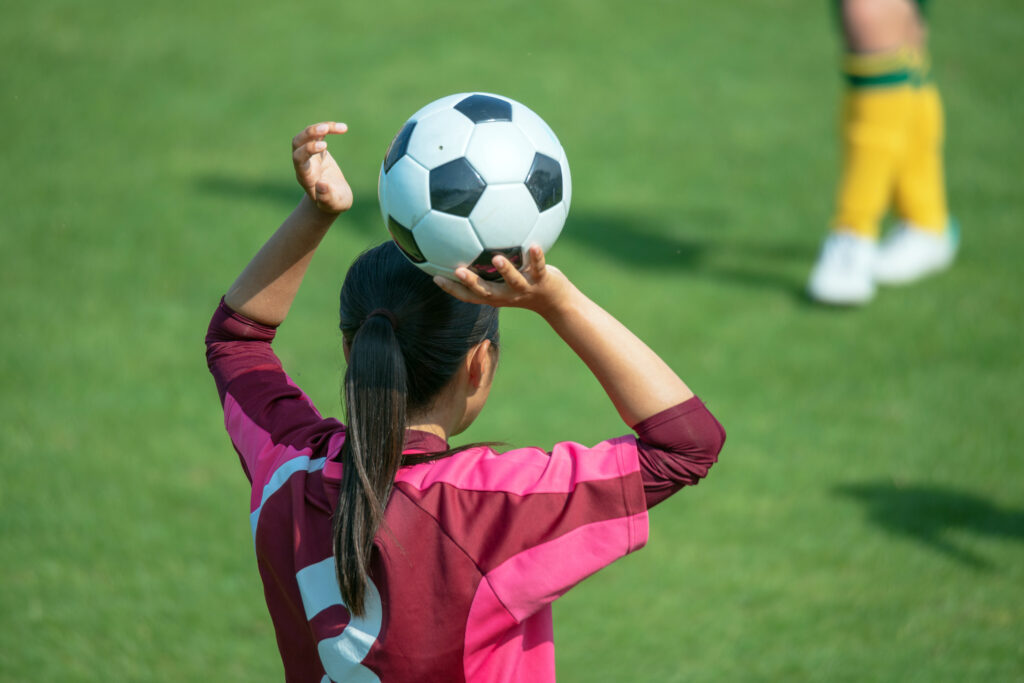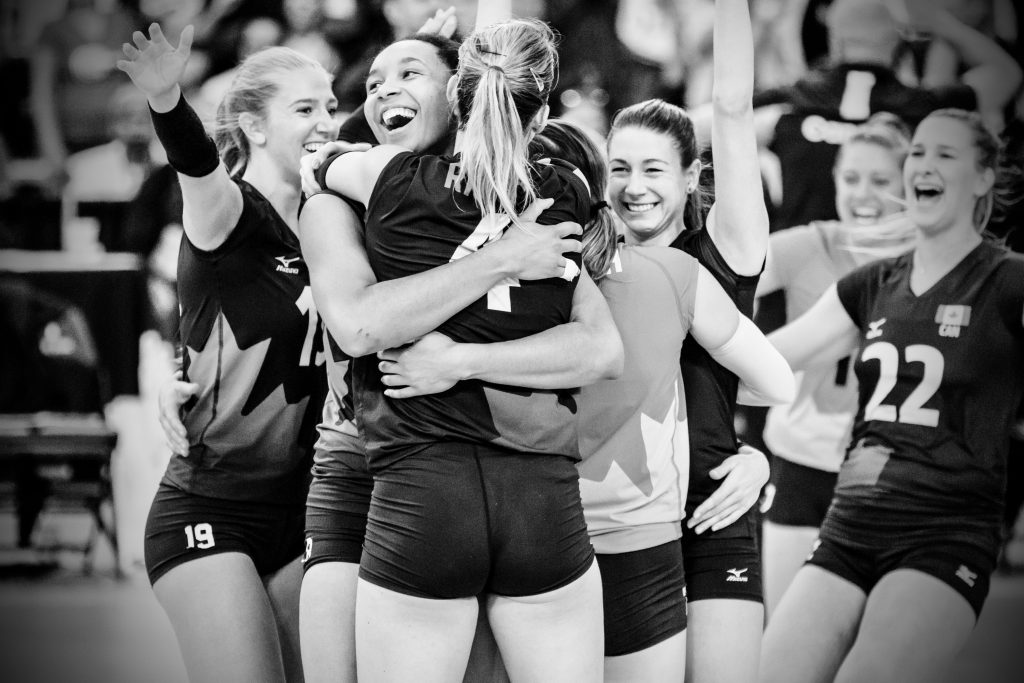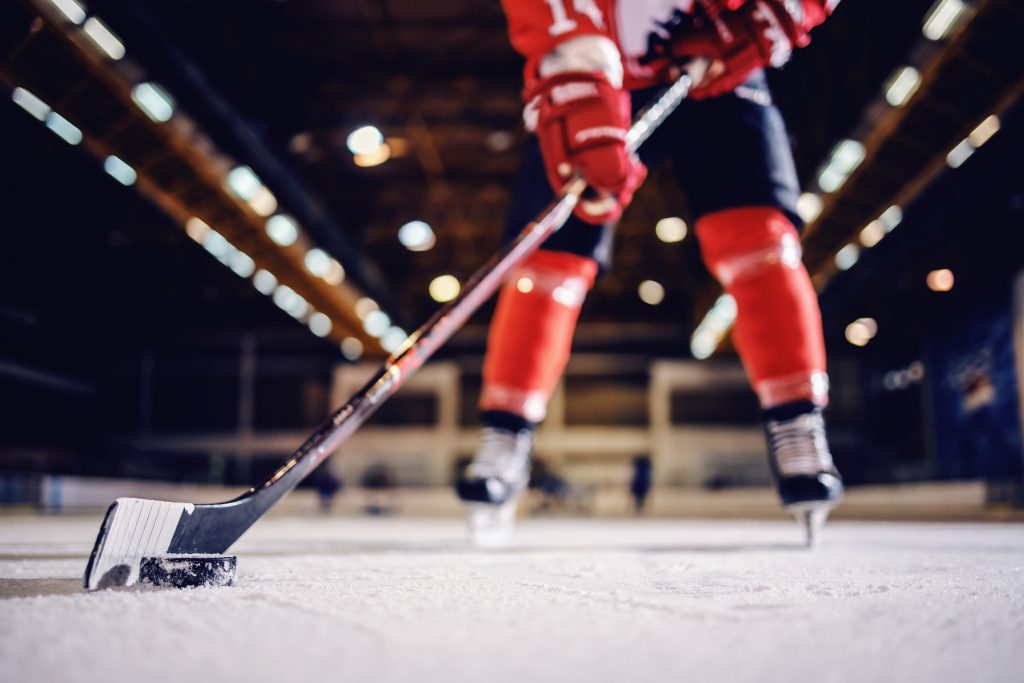Trauma-sensitive youth sport programs
Sport can be a powerful resource for children who had experienced trauma. A case study of BGC Canada’s Bounce Back League shows that new trauma-informed practices can be successfully integrated into communities by taking small steps, maintaining open communication, and building on existing club capacities.
How you communicate affects if you’re viewed as inclusive

To mark World Inclusion Day (October 10, 2022), SIRC wanted to focus on information about inclusive communications in sport. This blog post emphasizes why sport administrators, sport organizations and coaches should improve how inclusive they are, specifically in all the ways they communicate. It also highlights ways to check communications to make everyone in their…
How coaches can support concussed athletes
Many coaches are familiar with the risk of concussions in sport, but may be unaware of how to best support an athlete through a concussion. Research shows that coaches can support concussed athletes by understanding their organization’s or school’s concussion protocol, and by actively working with healthcare professionals to support athletes’ concussion recovery.
Actions speak louder than words: Non-verbal communication in sport

Communication is most associated with purposeful, verbal interactions. However, a big part of how we communicate in life, and sport, is non-verbal (Mehrabian, 2017). For example, simple acts of eye contact or body language are just as important than the exchange of words. In fact, experts assert that 93% of communication is non-verbal (Lapakko 2007)….
Effective infographics
The Valley Female Leadership Network in Nova Scotia created an infographic to help make case for investment in girls and women’s participation and leadership in sport and physical activity. Reflecting on their experience, they advise: “You may find you have too much information but that’s okay, you can always create more than one infographic!” Learn…
Experts in the House – Q&A with Jill Sadler on Storytelling

The sport landscape is full of great stories. Those working in the field have a unique opportunity to bring those stories to life and tell them in a way that’s compelling and thoughtful. In SIRC’s October 14 Experts in the House webinar, Storytelling in sport: Why it Matters, and How to Master it, Jill Sadler…
Return to Play Communications
“Know before you go” is a mantra driving organizations’ return to play communication, ensuring participants know what to expect, are familiar with protocols, and feel confident that health and safety is the #1 priority. Learn about this and other key factors in successful return to play plans.
Returning to Play…Better

When the initial shock of the COVID-19 lockdown passed, the attention of our sector turned to contemplating what sport and physical activity would look like in an era of public health restrictions. The development and implementation of return to play plans, driven by a commitment to sport organizations’ members and the practicality of long-term sustainability,…
In Search of Inspiration: Re-thinking the Potential for Demonstration Effects

Major sport events in Canada and around the world have been cancelled in the wake of the COVID-19 global pandemic. For sport administrators, researchers and policymakers, this pause represents a unique opportunity to reflect on the desired impacts and legacies of future sport events. Event bids are often full of claims about the positive impacts…
Crisis Comms
“In the midst of all the ‘noise’ generated by countless individuals and organizations, cut through the clutter by keeping communications concise and straightforward.” Derek Johnston advises to “keep it simple” during times of crisis communication.